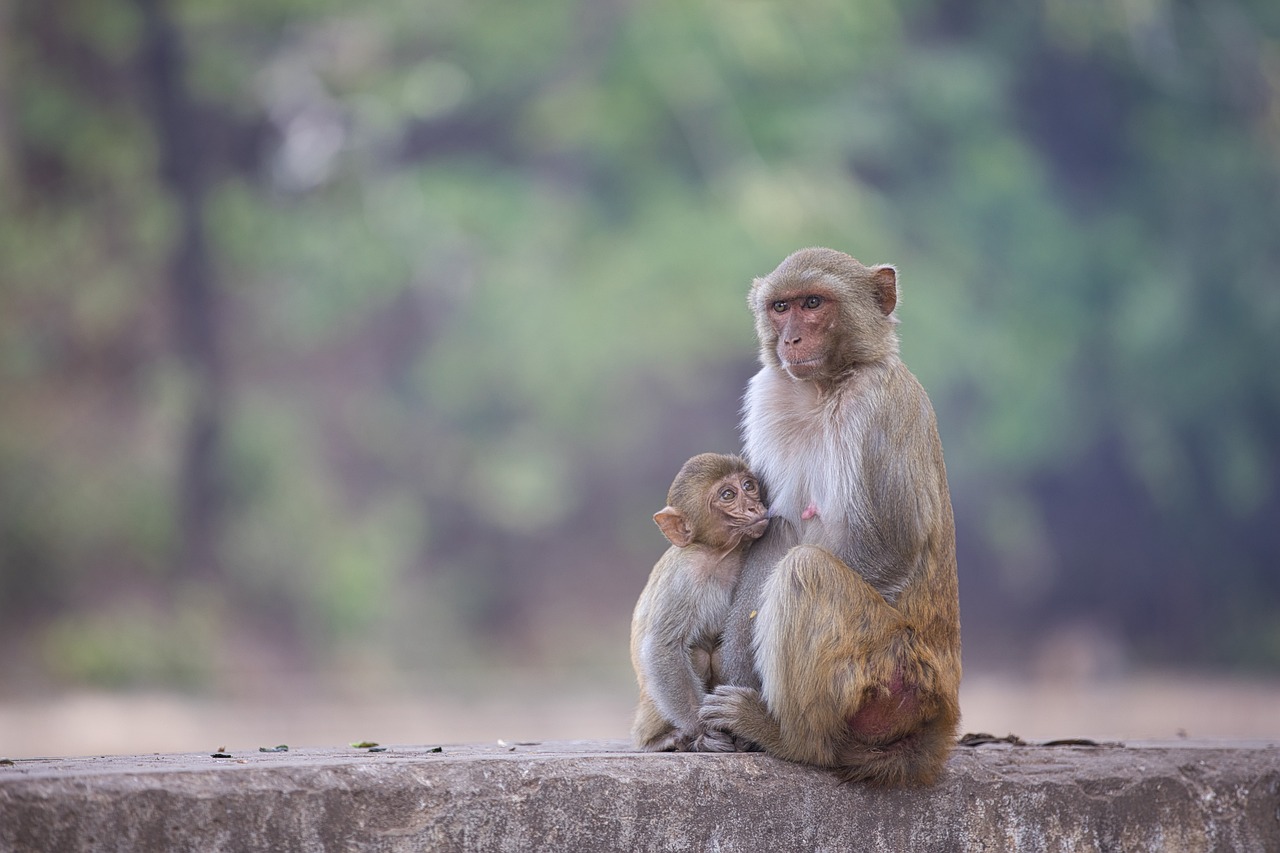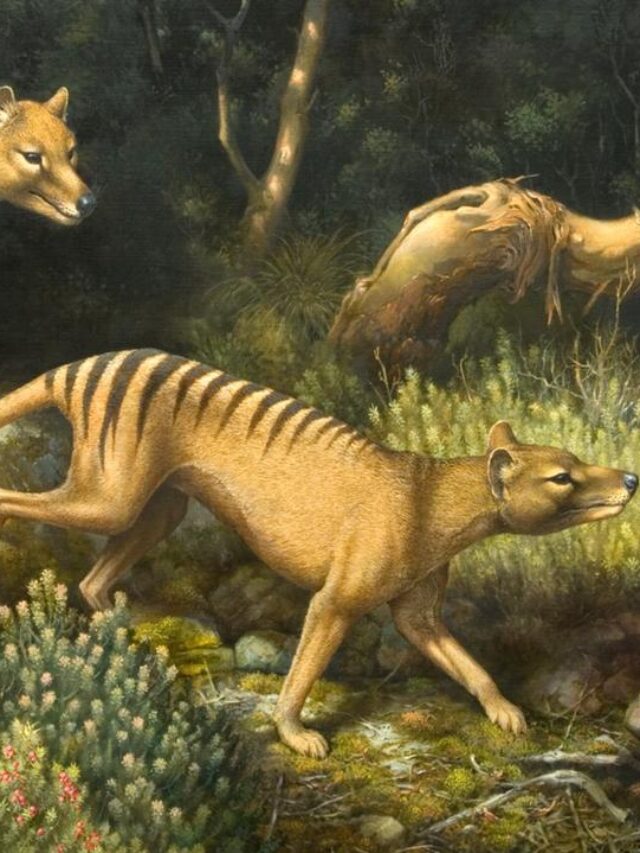Delve into the fascinating topic of whether humans are 95% monkeys and uncover the genetic link that binds us to our primate cousins.
Introduction
Humans have long been curious about their place in the animal kingdom. One question that has often sparked curiosity is, “Are humans 95% monkeys?” This intriguing question stems from the idea that humans share a significant portion of their DNA with our primate relatives. In this comprehensive article, we will explore this question, dissecting the genetic and evolutionary connections that bind us to monkeys. Get ready for an enlightening journey that will not only provide you with answers but also offer a deeper understanding of our evolutionary history.
Are Humans 95% Monkeys?
The notion that humans are 95% monkeys is not just a catchy phrase. It’s rooted in scientific reality. Our genetic makeup bears a striking resemblance to that of monkeys, specifically chimpanzees. Recent advancements in genetic research have revealed that we share approximately 95% of our DNA with chimpanzees. This genetic overlap offers fascinating insights into our evolutionary history.
Evolutionary History
To truly understand the connection between humans and monkeys, we must journey back in time. Evolutionary biologists have long believed in the theory of common ancestry, which suggests that humans and monkeys share a common ancestor who lived millions of years ago. Over time, this common ancestor branched into different species, ultimately giving rise to humans and various primate species, including chimpanzees and bonobos.
What Sets Humans Apart?
While it’s clear that humans and monkeys share a significant genetic similarity, there are also crucial differences that set us apart. These differences are responsible for the remarkable evolution of our species. Notably, humans possess a larger and more complex brain, enabling advanced cognitive abilities, reasoning, and language. Our bipedalism, or ability to walk upright on two legs, is another defining characteristic that distinguishes us from monkeys.
The Role of Genetics
Our genes are the building blocks of life, and they hold the key to our genetic connections with monkeys. The 95% genetic similarity with chimpanzees highlights the remarkable conservation of genes over millions of years of evolution. However, it’s essential to note that it’s the other 5% of our genetic makeup that has paved the way for our unique characteristics.
Genetic Insights
Recent studies in genomics have shed further light on the intricacies of our genetic connection with monkeys. One of the key findings is that certain genes have undergone significant changes in humans compared to our primate cousins. These genetic alterations have played a pivotal role in our development, leading to the emergence of distinct traits such as advanced language, complex culture, and technological innovations.
FAQs
Q: Do humans and monkeys share a common ancestor?
A: Yes, humans and monkeys share a common ancestor who lived millions of years ago. Over time, this common ancestor gave rise to different species, including humans and various primate species.
Q: What is the significance of the 95% genetic similarity with chimpanzees?
A: The 95% genetic similarity with chimpanzees underscores the shared evolutionary history between humans and our primate relatives. It indicates that we have a common ancestor with them.
Q: What sets humans apart from monkeys genetically?
A: While humans and monkeys share a significant genetic similarity, the remaining 5% of our genetic makeup has led to the development of distinct human characteristics, such as advanced cognitive abilities, language, and bipedalism.
Q: Are there specific genes responsible for our unique traits compared to monkeys?
A: Yes, recent genomic studies have identified genes that have undergone significant changes in humans, leading to advanced language, culture, and technological advancements.
Q: How does understanding our genetic connection with monkeys benefit us?
A: Understanding our genetic connection with monkeys provides valuable insights into our evolutionary history and the factors that have shaped us as a species. It also highlights the importance of conservation efforts to protect our primate relatives.
Q: Can humans and monkeys interbreed due to their genetic similarity?
A: No, despite the genetic similarity, humans and monkeys are different species and cannot interbreed.
Conclusion
In the quest to answer the question, “Are humans 95% monkeys?” we’ve uncovered the fascinating genetic connection that binds us to our primate relatives. While we share a significant portion of our DNA with monkeys, it’s the unique 5% of our genetic makeup that has paved the way for our distinctive human characteristics and evolution. Understanding this connection not only offers insight into our past but also underscores the importance of conserving our primate relatives and the biodiversity of our planet.















